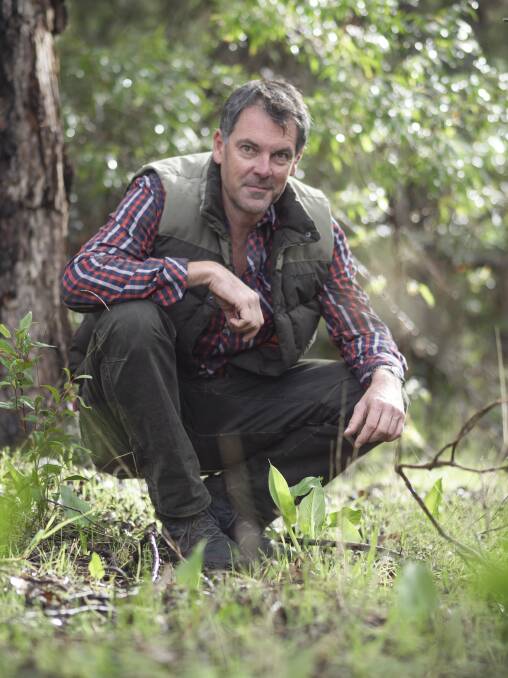
South-West tourism operators and environmental groups have called on the public to assist in the Nature Conservation Margaret River Region's Arum Lily Blitz in a bid to protect the region against the declared pest.
Create a free account to read this article
$0/
(min cost $0)
or signup to continue reading
Several months ago, the organisation launched the three-year blitz program, funded by the state government, with state agencies, private landholders and local environmental groups joining forces to organise a concerted control effort.
Nature Conservation project officer Genevieve Hanran-Smith said the arum lilies not only posed a threat to the environment, but the ability to pose an economic threat - yet another reason for people to act.
With more than 1.7 million people visiting the region annually, Margaret River-Busselton Tourism Association joint chief executive officer Sharna Kearney said environmental values needed to be upheld to support the sector and safeguard the economy.
"The recent Lonely Planet accolade, which named the Margaret River region as the number one destination to visit in the Asia Pacific, highlighted the beauty of our natural landscapes," she said.
"It is important that we ensure our natural environment is protected from introduced plant species like arum lilies, otherwise we risk eroding the very thing that supports visitation and our local economy."
The Association undertook extreme weeding at Lake Cave earlier this year, working with the local SES, the WA Speleological Group and Cavers Leeuwin to remove the pests from the walls of the doline by abseiling down the sides.
Having taken visitors on countless outdoor ventures, Margaret River Discovery Tours owner Sean Blocksidge said he tells tourists just how dangerous they are - labelling them an environmental disaster.
"At first my guests really like them, but I take my tours as an opportunity to explain to people how, ecologically speaking, we sit on a knife's edge," he said.
"We're in one of the most biodiverse places and this plant comes in and takes over.
"The lesson of Australia is that if you don't deal with invasive species, they'll take over and it's almost impossible to recover those ecosystems.
"It's an environmental disaster."


